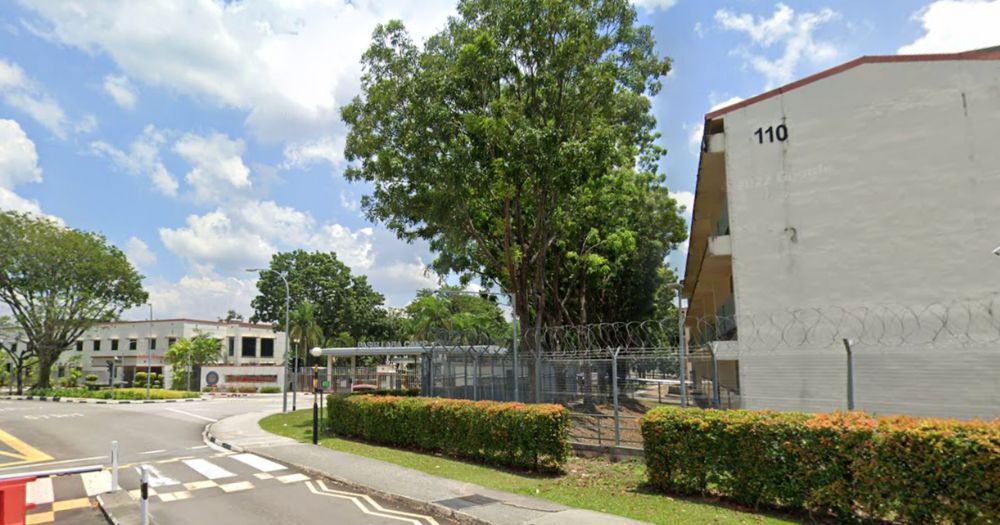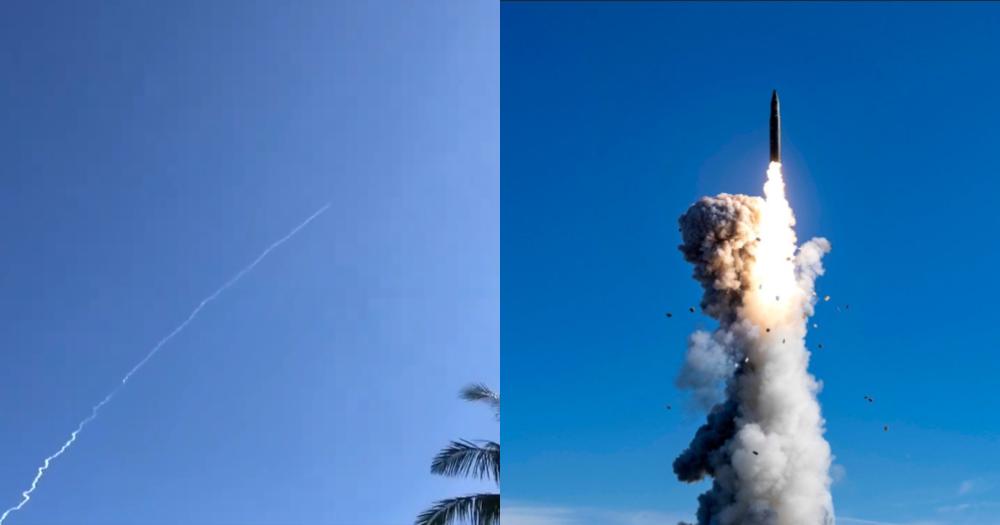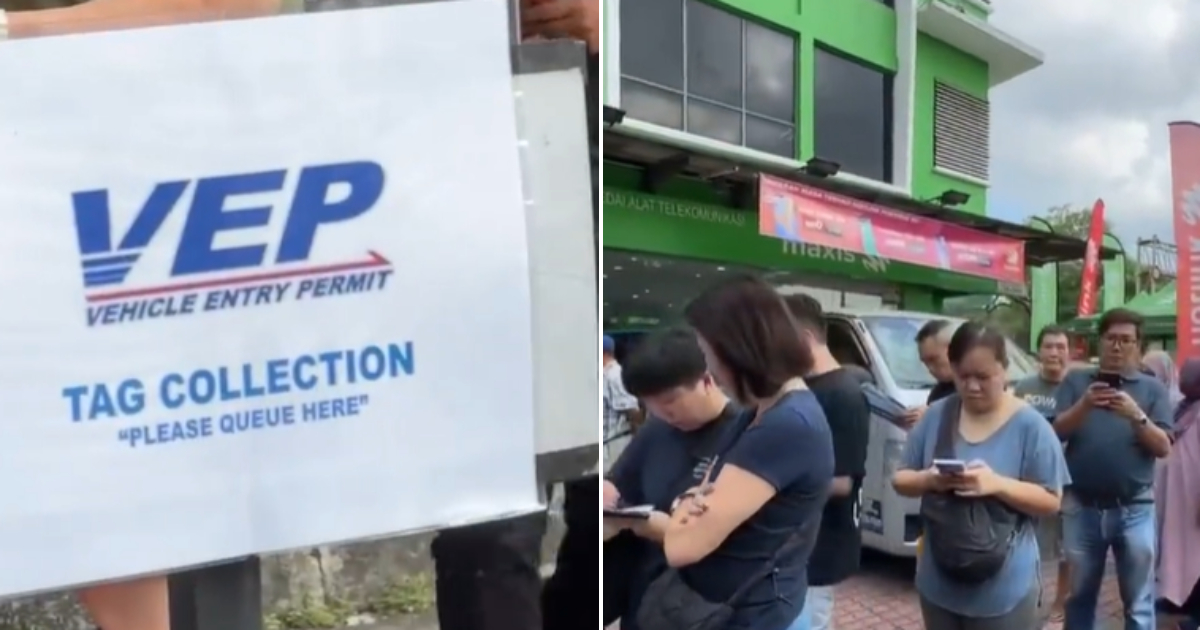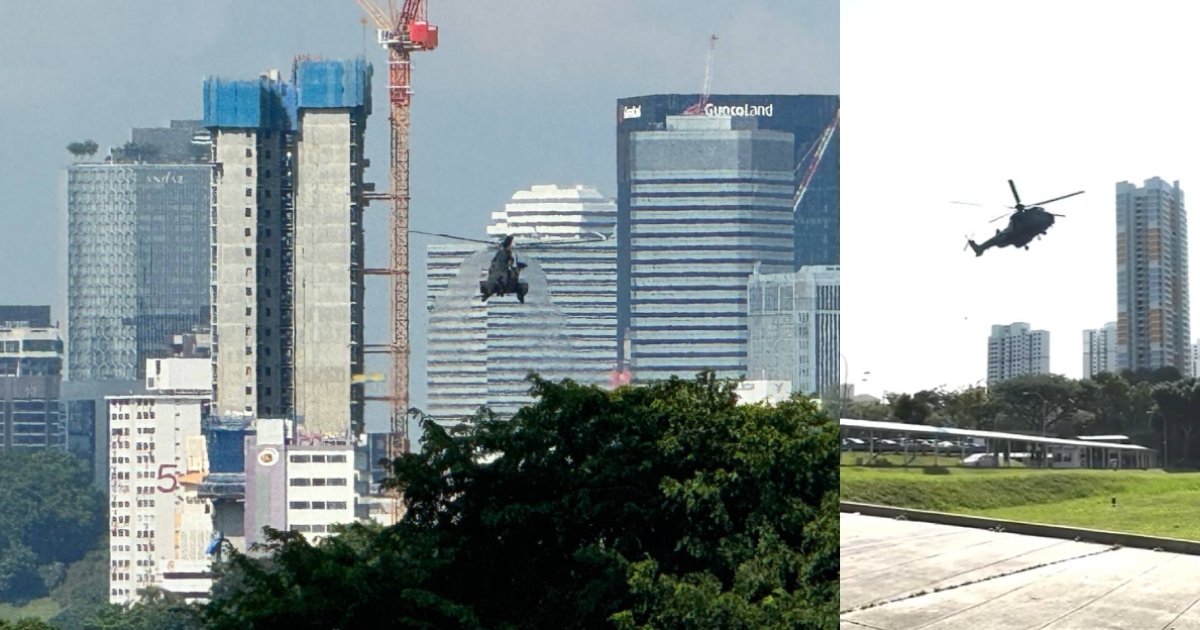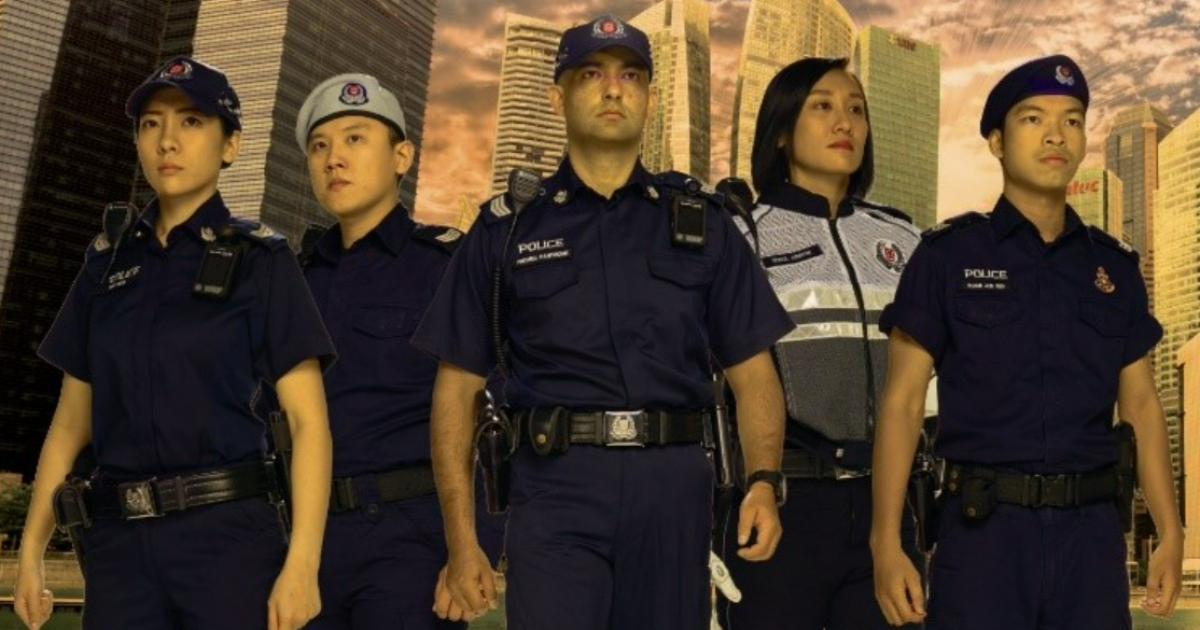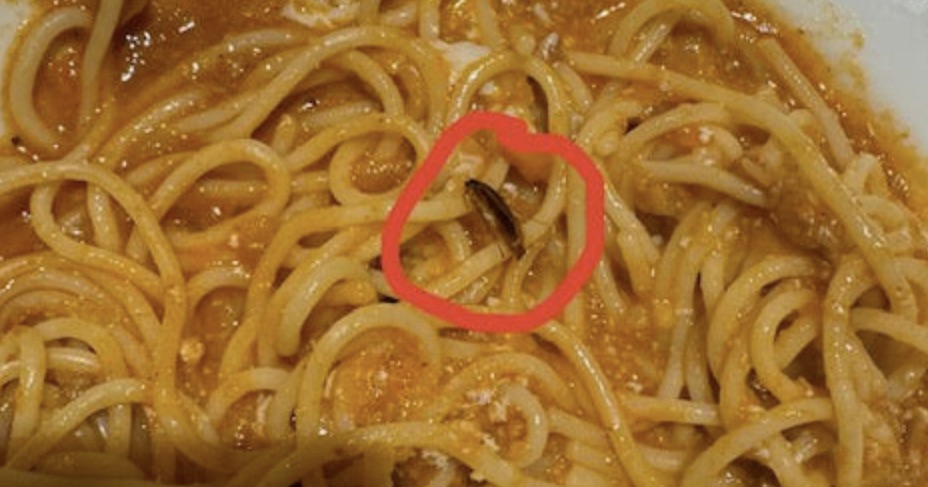S'pore will seek compensation for oil spill from stationary ship that got hit, claims from insurer capped at S$8 million
Malaysia will also be able to claim from the insurer for fishermen in Johor who have been affected.
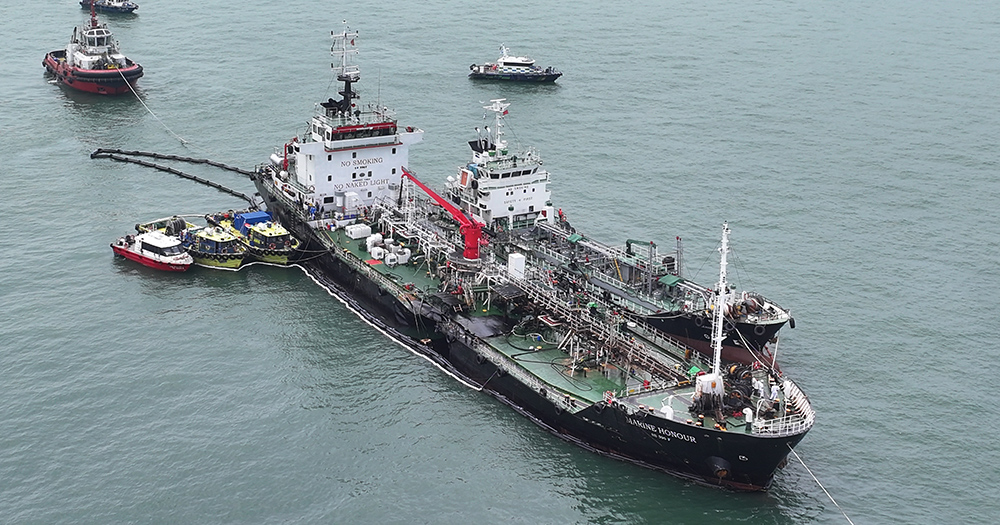
Singapore will seek compensation for the oil spill that occurred at Pasir Panjang container terminal from the Marine Honour, the stationary Singapore-flagged bunker tanker.
Principle of "polluters pays"
In response to queries from Mothership, the Maritime and Port Authority of Singapore (MPA), said the owners of the Marine Honour have "strict liability" — liable even in the absence of fault — for the pollution damage caused by the oil spill from its tanker, under the Merchant Shipping (Civil Liability and Compensation for Oil Pollution) Act.
MPA explained that Singapore is a party to the 1992 International Convention on Civil Liability for Oil Pollution Damage.
MPA added: "The spirit of the 'polluter pays' principle simplifies the claims process by having a clear party against which to pursue claims without potential complications of proving fault."
This includes expenses that agencies under the Singapore government are incurring, such as clean-up costs at sea and on shore.
Marine Honour is insured by British Marine, which has since set up a claims for third parties affected by the spill.
MPA added that the owner of the Marine Honour retains the right to take recourse action against third parties for its pollution liability.
Singapore informed Malaysia it can also submit for claims to British Marine
Speaking at a press conference on Jun. 24, Transport Minister Chee Hong Tat added that the Singapore government has informed its counterparts in Malaysia that they can also submit claims for cleaning costs to British Marine.
According to The New Straits Times, the Malaysia government will request British Marine to compensate fishermen who have been affected by the oil spill at Pasir Panjang.
It reported that nearly 200 fishermen in the state of Johor have suffered losses as a result of being unable to go to sea to fish for at least five days.
One of the fishermen was quoted as saying that their losses can be severe if their fishing equipment is damaged by the oil.
He explained: "In this situation, if we went to sea, the losses would multiply. Fishing equipment is not cheap. A single piece of white net costs up to RM360 (S$103.42). Deep-sea fishermen like us usually use 60 pieces. You can imagine our losses if all the equipment gets damaged by oil."
The fishermen added that as it takes about almost a month to get new nets made, it is better to wait for the authorities to clean up the beach than to persist in fishing, which would only double their losses.
A cap of S$8 million on claims
In response to a query about the limit on the claims, Transport Minister Chee Hong Tat replied that British Marine has a limit of about S$8 million for the claims.
In the event that the claims exceed this limit, affected third parties can submit claims against the International Oil Pollution Compensation Fund (IOPC), Chee added.
This international fund has a much higher limit of S$362 million.
Chee explained: "So the amount has been set based on what they (the IOPC) assess will be necessary to deal with oil spill incidents. And you can imagine in the past, there have been many of these... at a much more massive scale, than what we are experiencing, in other parts of the world."
The funds that the IOPC has set aside for such incidents have been tapped to provide compensation and the funding necessary for the cleaning up and recovery process, he said.
"These are the international conventions that we have in place for the industry," Chee highlighted.
In response to Mothership's queries, MPA confirmed that the limits of S$8 million and S$362 million apply to claims submitted by Singapore and Malaysia collectively.
MPA said:
"Under Section 3(5) of the Merchant Shipping (Civil Liability and Compensation for Oil Pollution) Act 1998, the owner of the tanker also has strict liability for the incident, including for damages caused outside the ship, and mitigation measures taken to reduce damage, in any other country that is a party to the 1992 International Convention on Civil Liability for Oil Pollution Damage.
Hence, the insurer is obligated to consider and assess claims that may arise from these other countries, including Malaysia."
Top photo by MPA
MORE STORIES







